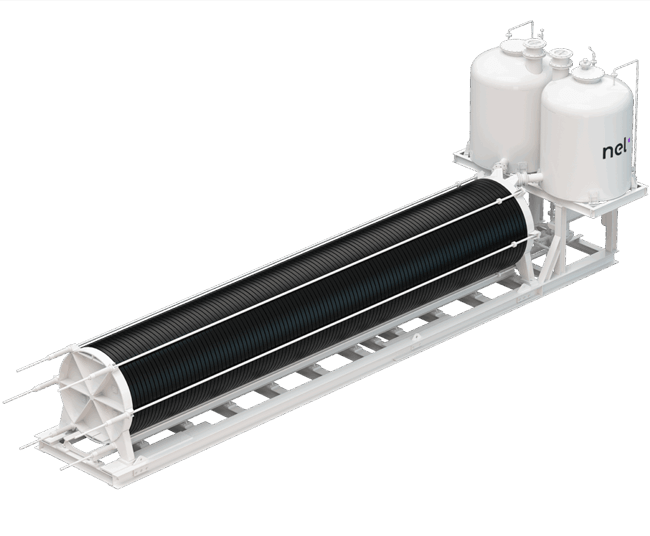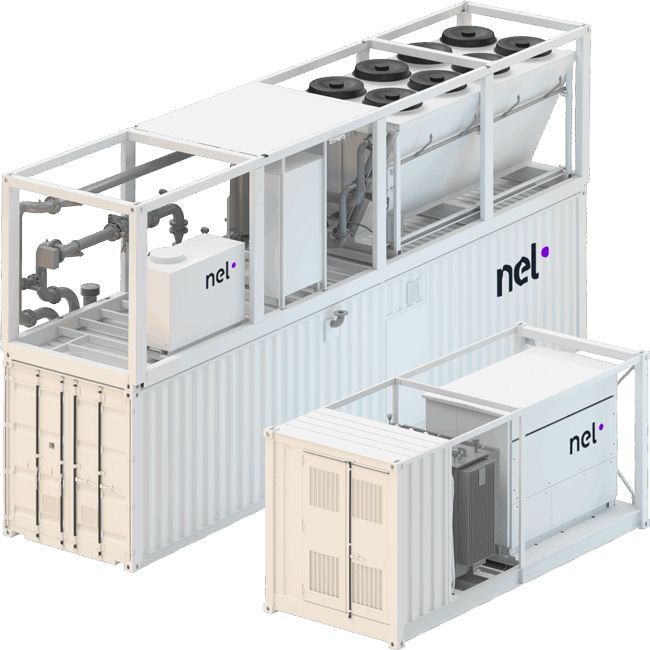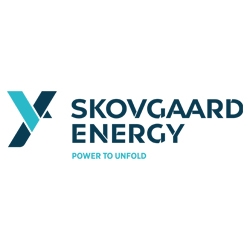To provide the best experiences, we use technologies like cookies to store and/or access device information. Consenting to these technologies will allow us to process data such as browsing behaviour or unique IDs on this site. Not consenting or withdrawing consent, may adversely affect certain features and functions.
The technical storage or access is strictly necessary for the legitimate purpose of enabling the use of a specific service explicitly requested by the subscriber or user, or for the sole purpose of carrying out the transmission of a communication over an electronic communications network.
The technical storage or access is necessary for the legitimate purpose of storing preferences that are not requested by the subscriber or user.
The technical storage or access that is used exclusively for statistical purposes.
At Nel, we use statistics cookies to better understand how you interact with our website and to improve your overall experience. These cookies collect data that help us analyze site performance and usage patterns. Our implementation of Google Analytics Consent Mode v2 allows us to manage your consent preferences effectively. Here's what happens based on your consent choices: When You Consent: If you consent to the use of statistics cookies, we collect detailed information about your visits and interactions with our website. This data helps us analyze user behavior, optimize our content, and enhance your experience. Collected data may include details about your device, browsing activity, and site interactions, using cookies and other tracking technologies. When You Do Not Consent: If you do not consent to the use of statistics cookies, our Google Analytics will adjust its data collection practices accordingly: No cookies for analytics purposes: Without consent, we do not use cookies to track your interactions. Aggregated and anonymous data collection: We will still gather basic, non-identifiable data about site visits and interactions to ensure our website functions correctly and securely. This limited data helps us understand overall usage patterns without identifying individual users. We are committed to protecting your privacy and ensuring compliance with all applicable privacy laws and regulations. For more detailed information about our data practices, please refer to our full Privacy Policy.
At Nel, we use marketing cookies to improve your browsing experience and tailor our marketing efforts to your interests. These cookies allow us to create user profiles, send targeted advertising, and track your activity on our website and across multiple websites for similar marketing purposes. When You Consent: If you consent to the use of marketing cookies, we will run scripts that store your website activity locally in your browser. This helps us understand your preferences and deliver personalized content and offers. Additionally, for certain tools like Heeet, we only gain access to this locally stored data if you further consent during form submissions. This dual consent ensures your privacy while allowing us to enhance your experience. When You Do Not Consent: If you do not consent to marketing cookies, these scripts will not run, and no activity will be stored in your browser. Consequently, we will not be able to track your interactions on our website for marketing purposes or create personalized user profiles. Your privacy is our priority, and we ensure that any data collected is handled with the utmost care and in compliance with applicable privacy laws. For more information, please refer to our full Privacy Policy.




